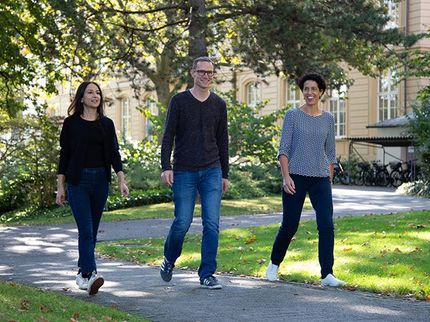Results of Phase III Bravo trial reinforce unique profile of laquinimod for multiple sclerosis treatment
Primary endpoint of reducing annualized relapse rate was not statistically achieved
Advertisement
Teva Pharmaceutical Industries Ltd. and Active Biotech announced initial results from the Phase III BRAVO study, which was designed to evaluate the efficacy, safety and tolerability of oral laquinimod compared to placebo and to provide a benefit-risk assessment comparing oral laquinimod and a reference arm of injectable Interferon beta-1a (Avonex®). BRAVO is the second of two pivotal phase III studies in the clinical development program for laquinimod, an investigational, oral, once-daily therapy for the treatment of relapsing-remitting multiple sclerosis (RRMS). Results showed that the BRAVO study did not achieve its primary endpoint of reducing the annualized relapse rate (p=0.075).
The randomization process for BRAVO was adequately performed; however, placebo and treatment study groups showed dissimilarity in two baseline magnetic resonance imaging (MRI) characteristics. According to a standard and pre-specified sensitivity analysis included within the original statistical analysis plan, when this imbalance was corrected laquinimod demonstrated a significant reduction in the annualized relapse rate (21.3%, p=0.026), in the risk of disability progression as measured by Expanded Disability Status Scale (EDSS) (33.5%, p=0.044) and in brain volume loss (27.5%, p<0.0001).
The BRAVO findings support the direct effect of laquinimod in the central nervous system (CNS) and are in line with the results of the first laquinimod Phase III trial, ALLEGRO. Additionally, as in ALLEGRO, the BRAVO study found that laquinimod demonstrated a favorable safety and tolerability profile compared to placebo.
Compared to placebo, treatment with Interferon beta-1a reduced annualized relapse rates; however, a reduction in brain tissue loss was not demonstrated and a reduction in the progression of disability was not significant.
The BRAVO study was not designed to provide direct statistical comparisons of efficacy endpoints between the two active arms.
"We are encouraged by the overall outcomes achieved in the laquinimod Phase III clinical development program, and plan to submit applications to regulatory authorities in the U.S. and EU," said Professor Yitzhak Peterburg, Teva's Group Vice President, Global Branded Products. "Teva remains committed to the clinical development of laquinimod and is confident that the drug could provide a unique option for the treatment of multiple sclerosis."
"Data from the ALLEGRO and BRAVO studies demonstrated that laquinimod reduced disability and brain tissue loss, two of the most important goals in the treatment of relapsing forms of multiple sclerosis," said Professor Per Soelberg Sørensen, MD, Head of MS Research Unit, Copenhagen University Hospital, Rigshospitalet, Co-principal investigator of the BRAVO study. "These effects, coupled with a favorable safety profile and a once-daily dosing regimen create a promising potential treatment for the disease."
Additional analyses of the BRAVO study data are ongoing, and results will be submitted for presentation at a scientific congress later in the year.





























































